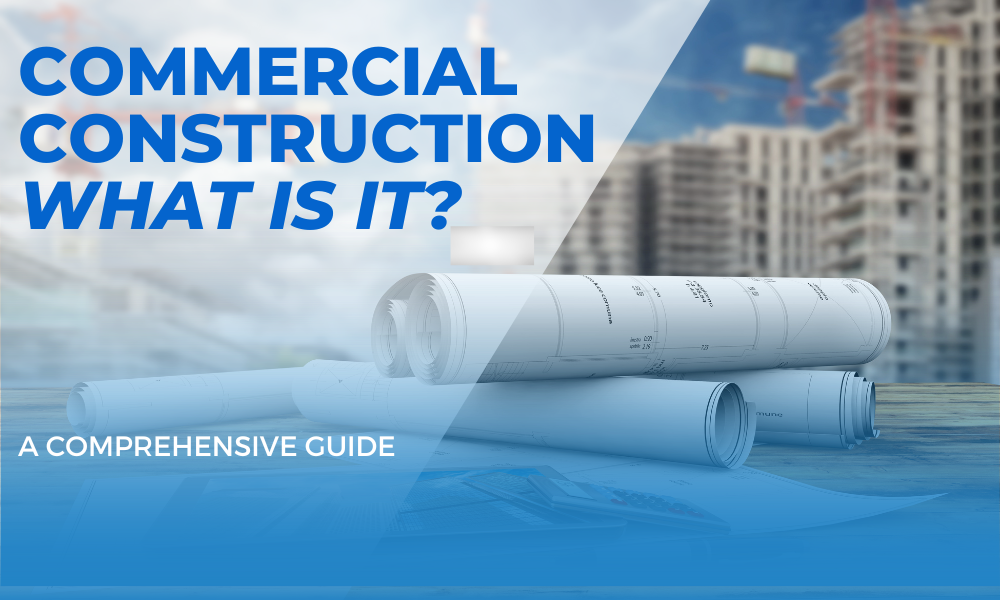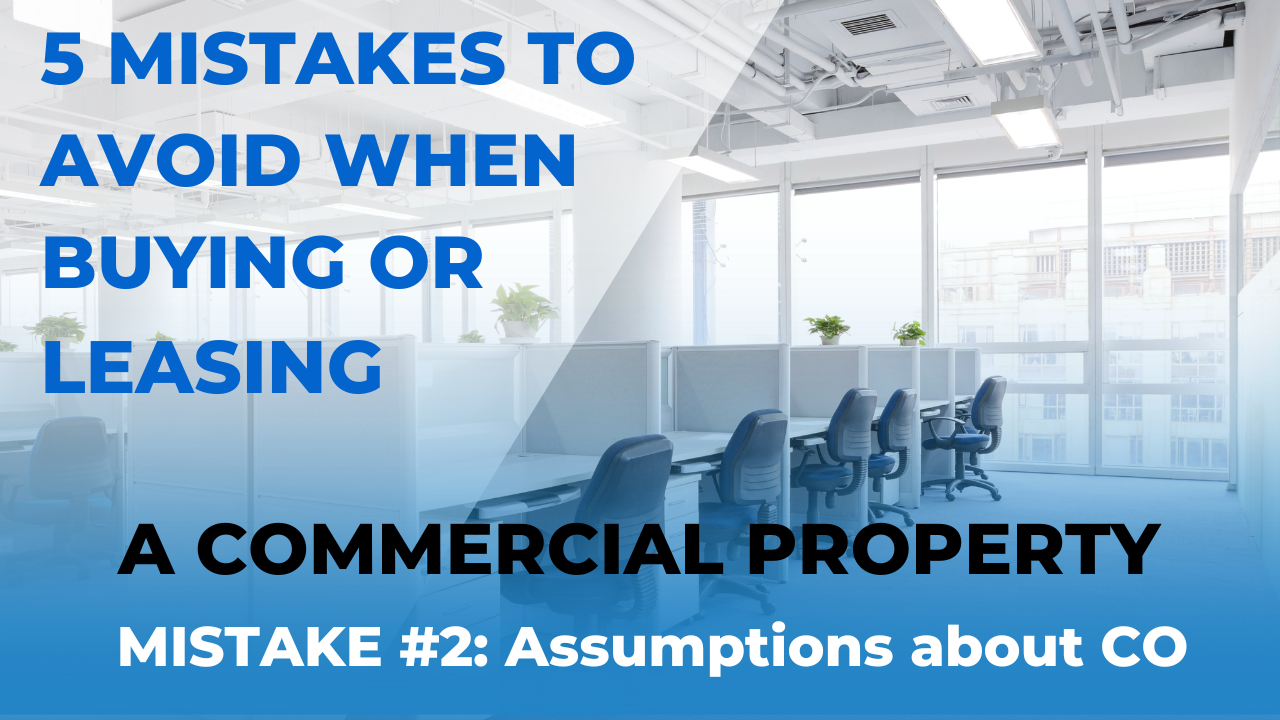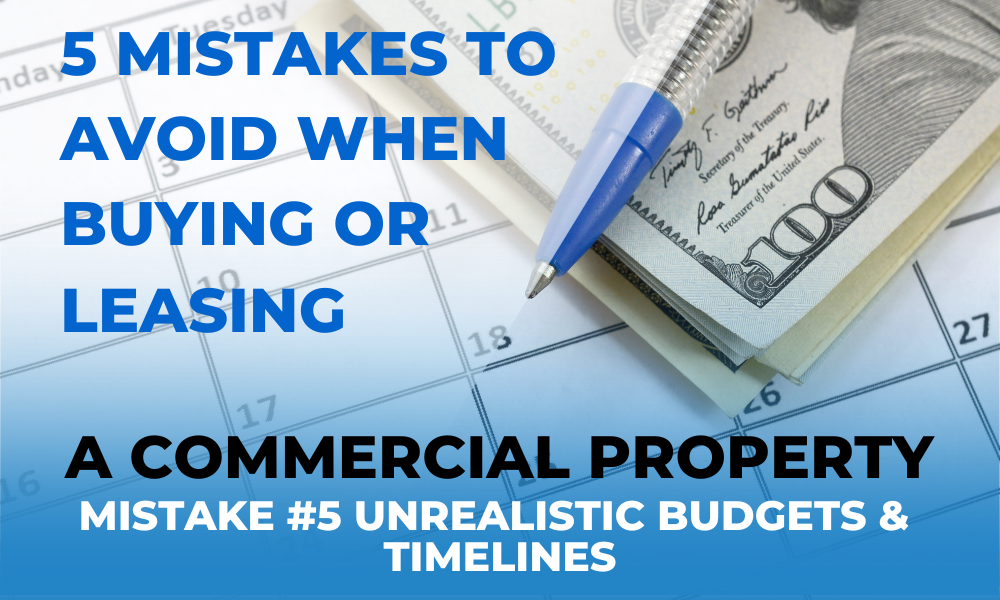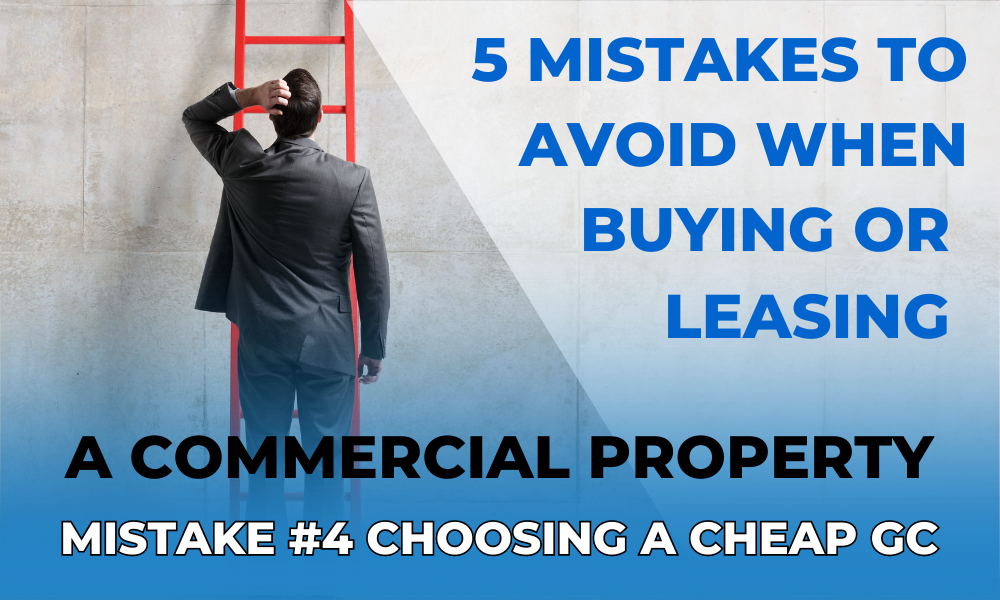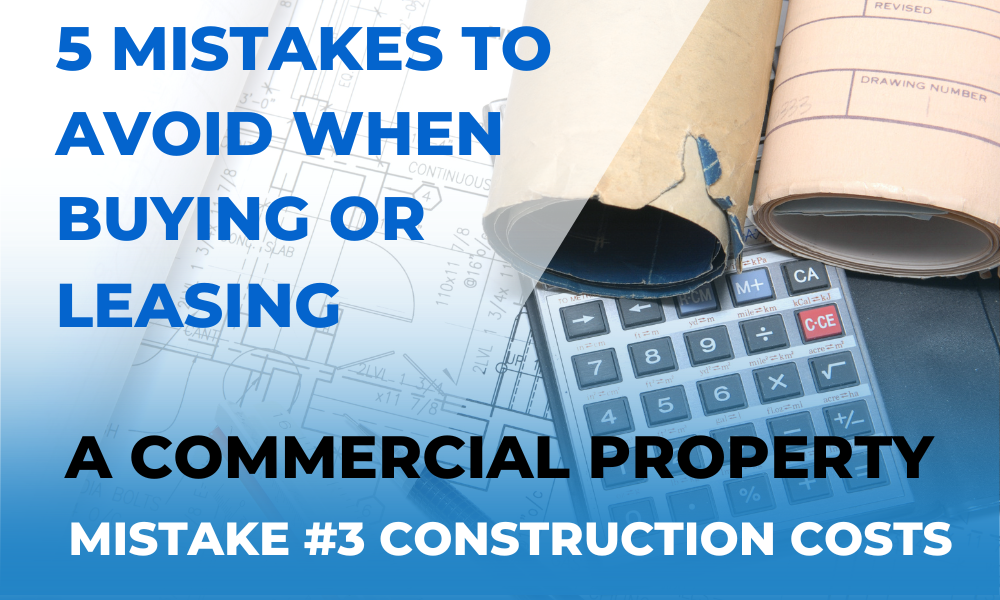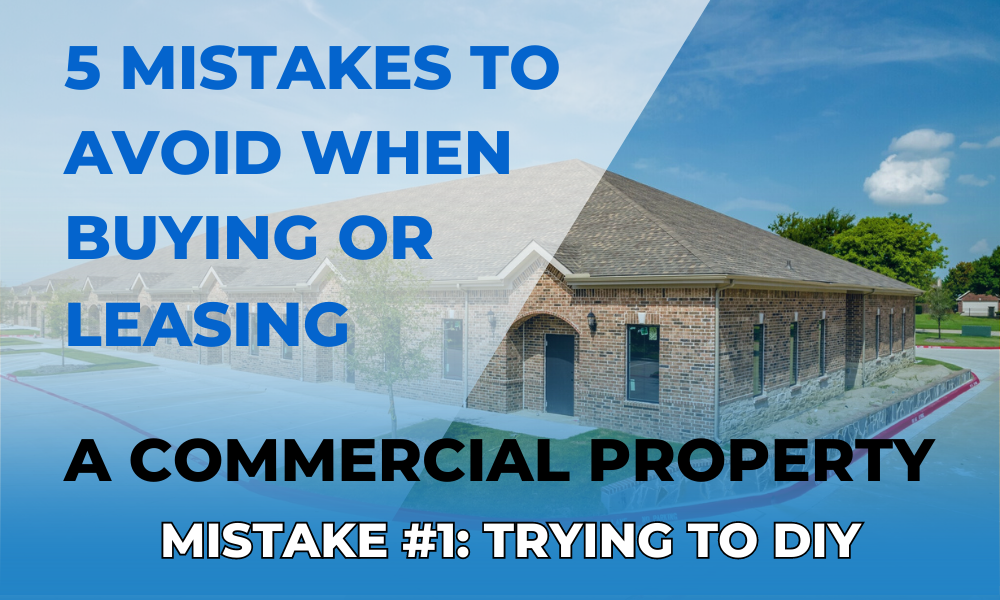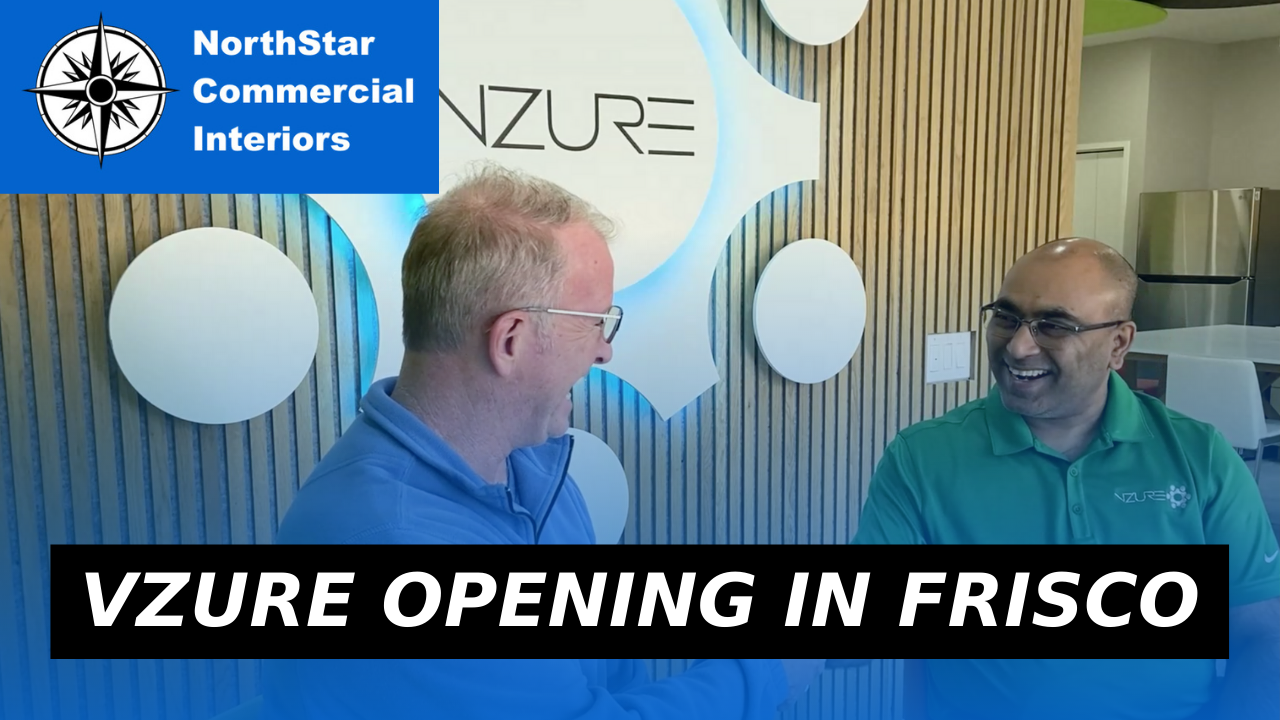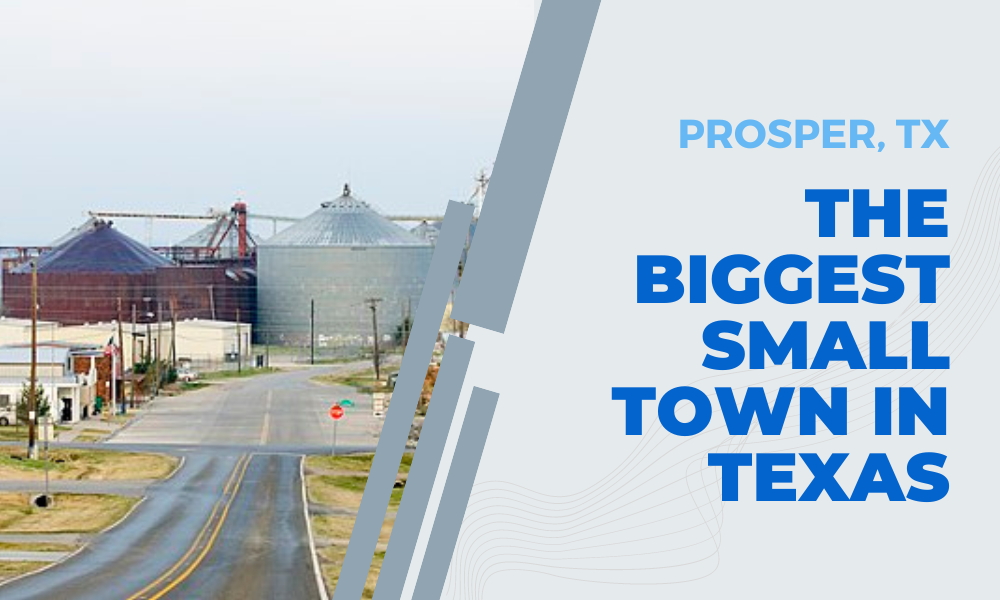Mistake #2 - Making Assumptions about Certificate of Occupancy
The second mistake to avoid when buying or leasing a new property is assuming that an EXISTING PROPERTY qualifies for a Certificate of Occupancy (CO).
It is perfectly logical to believe that a space will qualify for a CO if someone has rented the space before you. HOWEVER, that is not always the case. There are a couple of assumptions that can get you into trouble here.
Grandfather Clause:
First is the common assumption that the good ole "Grandfather Clause" will cover pre-existing conditions. In this scenario, the authorities would presumably allow something to pass that was out of compliance, ”Grandfathering it in”, because it was a pre-existing condition.
You need to be aware that the Grandfather clause is no longer a viable option. Cities have implemented what is called a "Change of Use" clause. This requires a new buyer or tenant to bring everything up to code when they lease or purchase the existing space.
Different Business Type:
The second big gotcha has to do with business types. If your business is a different type of business than the one that was there before you, different codes may apply and you may be faced with making modifications to the property to accommodate your specific type of business.
For example, if you are opening a retail shop or an event center in a space that was previously an office, your occupancy is more than twice as high and you may need to add restrooms, a mop sink and a water fountain, which can increase costs.
Happy New Year:
You should also be aware that all the above are even greater issues at the beginning of each year, when cities adopt new codes. When this occurs, unfortunately, we frequently find that what was allowed in December is out of compliance in the new year.
If it turns out that there are changes required, you will want to discover those changes early so that your Realtor can negotiate the costs with the landlord.
What is the Solution?
So, what do you do to avoid these issues? We strongly recommend that, before offering a Letter of Intent, and certainly before signing a contract, you should have a trusted Commercial General Contractor walk the space with you to discuss several things, such as:
1. Your business and how you serve your clientele, to assess zoning and code compliance.
2. Check to see if there are any visible code or zoning issues that will need to be addressed.
3. Discuss obvious changes required to meet your unique business needs.
These conversations could be invaluable in helping you uncover unforeseen code compliance issues. Remember, anything you and your GC uncover might be used to negotiate more favorable terms to offset those costs up front.
NorthStar Commercial Interiors specializes in building out commercial spaces for small businesses. We guide you through every step from planning to presenting the Certificate of Occupancy and everything in between. Check back soon to find out how to avoid Mistake #3.
Share your thoughts
Read more posts from NorthStar
